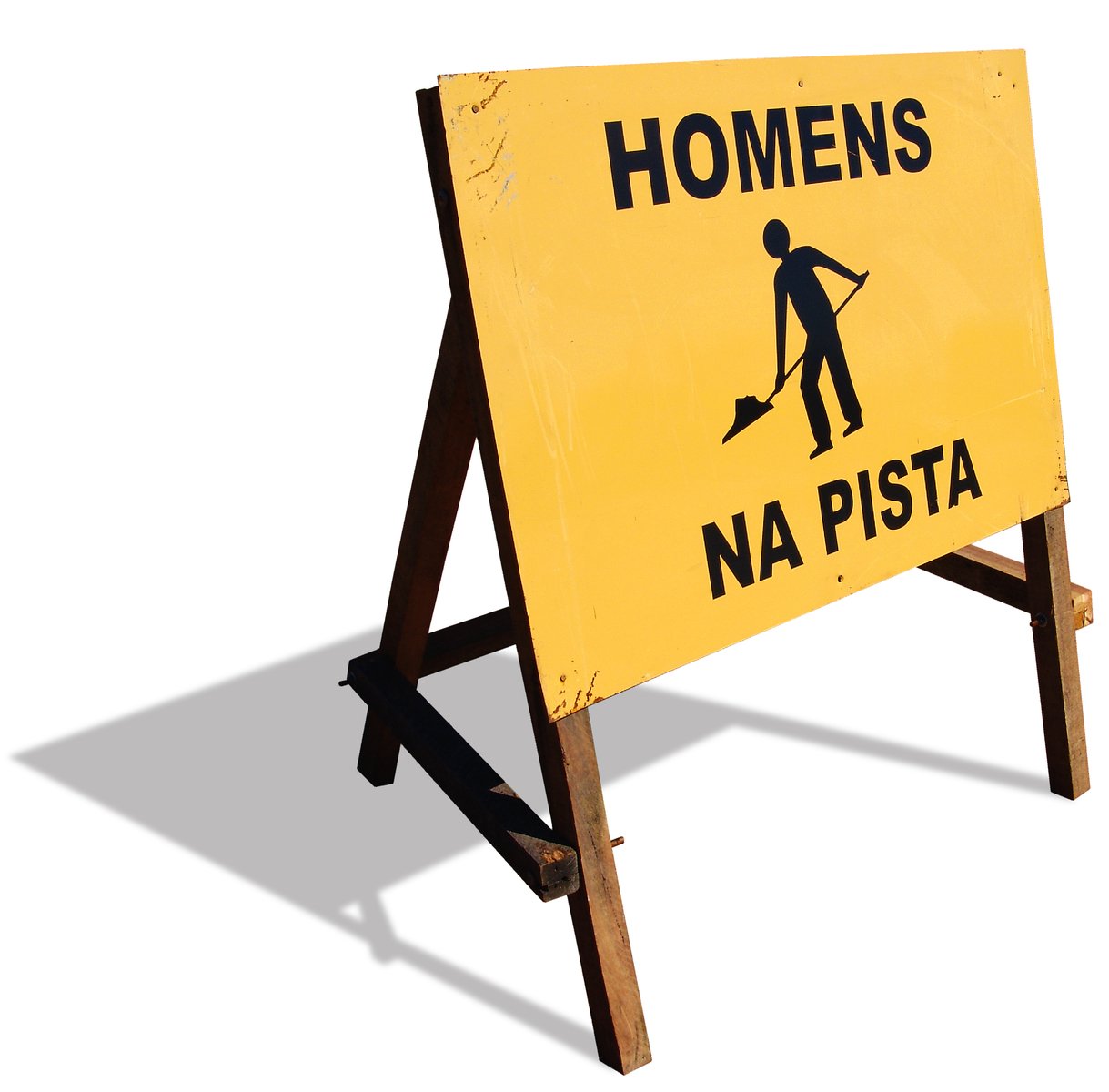

Media prefers fanning the flames of sectarian wars
"We're meant to think that the fiercest fights to be won are over things like abortions and celebrities (including so-called 'royalty')."Throughout history the press or the media was controlled by powerful people/interests and actively worked to demonise critics of the status quo. When we collectively refer to "media" we mean mass media or mainstream media and what nowadays frequently gets called corporate media (because few corporations control almost all of it). In many ways they serve to perpetuate injustices, with few exceptions here and there (to gain perceived honesty and legitimacy). There are some sacred cows that are rarely scrutinised, especially fiscal and foreign policies. We're meant to think that the fiercest fights to be won are over things like abortions and celebrities (including so-called 'royalty'). This is partly deliberate as there's intentional diversion of outrage (away from class war and into the realms of race/gender/sex conflicts).
I myself don't follow the mainstream media (I actively try to avoid it, seeing it leverages non-issues or lesser issues). I gave away my TV around 2001 and I visit the BBC's Web site only for occasional weather updates. Twitter became an extension of this propaganda machine (deciding 'for' people what the 'news' is, pushing outrage over substance in order to sell ads).
 Earlier today figosdev published this article ("Weapons, Technology and Freedom" or "WTF" for short). In it, figosdev explained a mechanism for censorship of debate and scrutiny of important issues, including militarism. Corporate funds inside Free software projects/institutions appears to be contributing to a culture of censorship, justified using doublespeak terminology ("safe space", "harassment" and so on), where the terms sort of twist what actually happens. Nobody has a safe space when bombings carry on in a dozen or more countries and speaking about war crimes (or even corporate bribery) isn't really harassment just because the culprits' feelings are hurt (and perhaps they ought to).
Earlier today figosdev published this article ("Weapons, Technology and Freedom" or "WTF" for short). In it, figosdev explained a mechanism for censorship of debate and scrutiny of important issues, including militarism. Corporate funds inside Free software projects/institutions appears to be contributing to a culture of censorship, justified using doublespeak terminology ("safe space", "harassment" and so on), where the terms sort of twist what actually happens. Nobody has a safe space when bombings carry on in a dozen or more countries and speaking about war crimes (or even corporate bribery) isn't really harassment just because the culprits' feelings are hurt (and perhaps they ought to).
I consider myself to be quite left-leaning (the Daily Links are a reflection of our biases), but newer definitions of "liberal" seem to be compatible with corporate agenda rather than the real left. Censorship is a cornerstone of that, usually in the name of protection (whose? Corporations' of people's?).
"We certainly hope that software freedom aficionados are also free speech aficionados because if the goal of Free software is justice, then freedom of expression will be essential (yet opposed by those we dissent against)."Condoning censorship isn't a "leftist" thing to do; authoritarians love censorship because that makes them less accountable (to anybody). The way I see it -- and have long seen it -- a Code of Conduct may be an OK idea in theory, but in practice those things have often been misused to marginalise truth-tellers and whistle-blowers on behalf of big sponsors. The self-described "anti-harassment" teams have, in effect, acted as "anti-dissent" teams, including dissent against corporations with malicious agenda (see what companies like Microsoft, IBM and Google are doing for governments worldwide).
We certainly hope that software freedom aficionados are also free speech aficionados because if the goal of Free software is justice, then freedom of expression will be essential (yet opposed by those we dissent against).
Recently, seeing all sorts of 'pronoun policing' and other sorts of superficial speech policing (or even 'tone-policing' as a vague concept), I fear we're losing or have already lost the battle. Expression of ideas is being increasingly hard when people's words (even going a decade or two back) get scrutinised for 'wrongspeak', whereupon there are severe consequences, including but not limiting to shaming and expulsion. ⬆
“Do you pine for the nice days of Minix-1.1, when men were men and wrote their own device drivers?” --Linus Torvalds